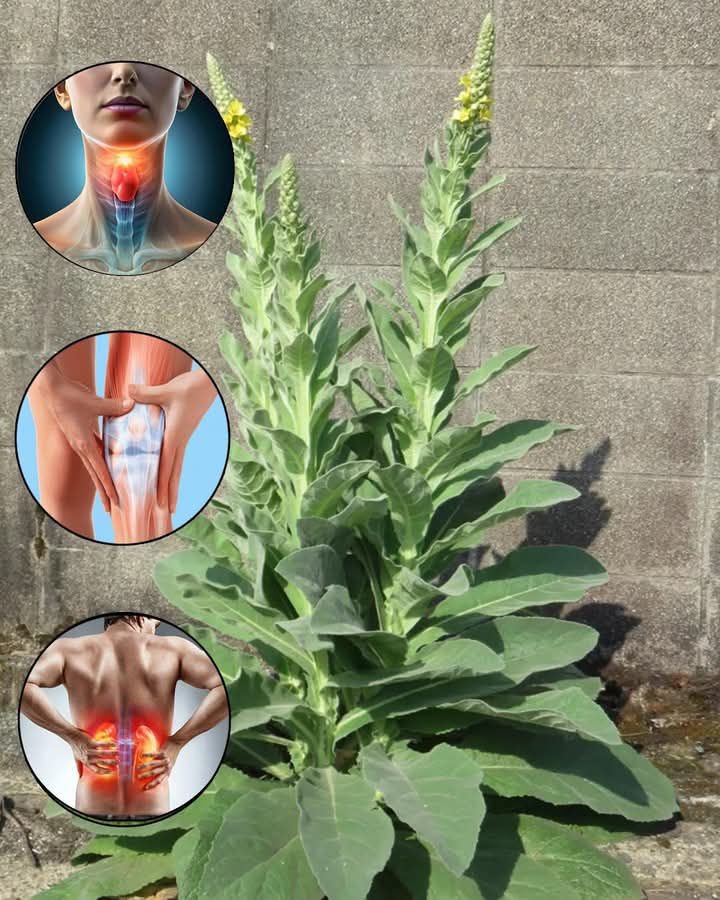Sure! Here’s a compelling list of 21 reasons you should grow a pigweed plant in your garden. While often labeled a weed, pigweed (particularly Amaranthus species) offers surprising benefits to gardeners, homesteaders, and foragers:
🌿 21 Reasons to Grow Pigweed in Your Garden
-
Highly Nutritious Edible Leaves
Pigweed leaves are rich in vitamins A, C, and K, calcium, iron, and protein — more nutritious than many leafy greens. -
Edible Seeds (Grain Amaranth)
The tiny seeds are a complete protein, gluten-free, and can be used like quinoa. -
Drought-Tolerant and Resilient
Thrives in poor soils with little water — perfect for low-maintenance gardens. -
Fast Growing
Pigweed matures quickly, giving you edible greens within weeks. -
Self-Seeding
Once established, it can reseed itself (though you may want to manage it carefully). -
Soil Builder
Pigweed has deep taproots that break up compacted soil and draw nutrients from deep layers. -
Trap Crop for Pests
It can attract pests away from your other crops, acting as a natural decoy. -
Improves Biodiversity
Supports pollinators and beneficial insects, boosting your garden’s ecological health. -
Good for Chickens and Livestock
Leaves and seeds are excellent, high-protein feed for poultry and other animals. -
Medicinal Uses
Traditional medicine uses pigweed for digestive issues, inflammation, and skin conditions. -
No Need for Fertilizer
It thrives in nutrient-poor soils, meaning less input from you. -
Can Be Used as a Green Manure
Cut and compost it or till it in to return organic matter to the soil. -
Great for Foraging and Wild Gardens
Encourages wildcrafting and naturalized gardening methods. -
Colorful Varieties Available
Some species have bright red stems or purple leaves, adding visual interest. -
Minimal Care Required
Hardy and fuss-free — ideal for beginner gardeners. -
Resistant to Many Diseases
Unlike some vegetables, pigweed is rarely affected by common plant pathogens. -
Historical Significance
Cultivated for centuries by Indigenous peoples and ancient civilizations. -
Erosion Control
The roots stabilize soil on slopes or disturbed ground. -
Reduces Weeds When Managed Well
Can suppress other weeds if strategically grown as a cover crop. -
Urban Gardening Friendly
Grows well in containers, raised beds, and even cracks in pavement! -
Free Food
Often dismissed as a weed, pigweed is a free, nutritious, and sustainable food source.
